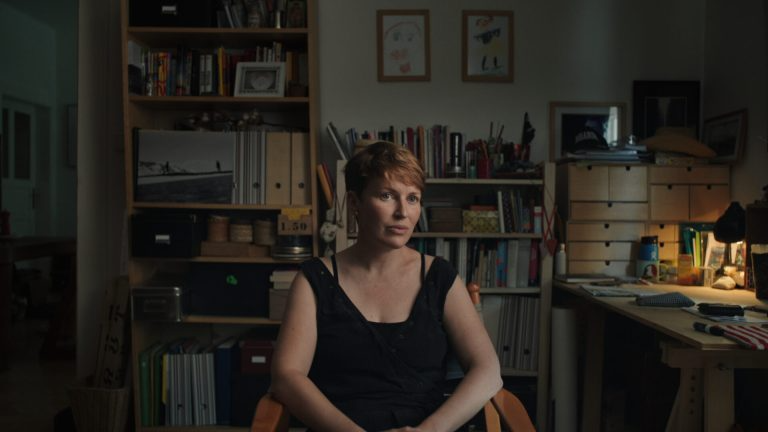In times of crises, the scales of film industry always tip towards the commercial side. Cinemas were already struggling with the rise of streaming services, when the pandemic lockdowns eradicated the habits of cinema-going. As a result, the sales agents, distributors and exhibitors became cautious about acquiring any film that doesn’t guarantee profit.
This put European art house filmmakers in an even more precarious position. First, they have to navigate through years of bureaucracy, pigeonholing, corruption, and nepotism to make their film and then the chances are high these films won’t travel much outside the festival circuit.
In an attempt to ease this situation, De Balie founded Shifting Pictures, a travelling festival highlighting filmmakers from Serbia, Czechia, Romania and the Netherlands. Shifting Pictures was sponsored by Vfonds and Collaborate to Innovate (Europa Cinemas).
In the first panel, four European directors, join us on stage to discuss the challenges they face when trying to finance films. The second panel consists of European exhibitors who talk about the other side of filmmaking: where films meet their audiences.
More on Shifting Pictures
In an attempt to somewhat ease this difficult situation, De Balie founded Shifting Pictures, a travelling festival aiming to highlight talented filmmakers from Serbia, Czechia, Romania and the Netherlands whose films didn’t get distributed despite premiering on A-list festivals. Shifting Pictures was sponsored by Vfonds and Callaborate to Innovate (Europa Cinemas), and involved partnerships with DKC, Belgrade, Cinema Muzeul Ţăranului, Bucharest and Kino Pilotů, Prague.


Speakers





More Forum on European Culture:

Shostakovich: Art under Authoritarianism

How Europe Says sorry

